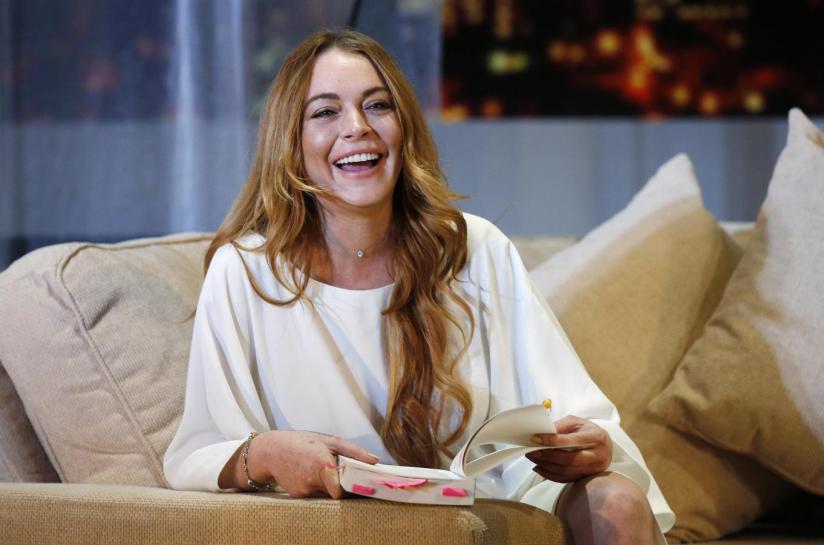
An Election does not a Democracy make. Much hard work goes into really calling yourself one. Don’t expect to get there in an election if you’ve endured military dictatorships so long you’ve started thinking they are a good thing.
But Pakistanis so ache to be recognized as a Democracy that they spiral into self-lacerating despair when they don’t feel it is here. We look around us and wonder why we struggle so.

Political scientist Shabbir Cheema has heard all the arguments. “The elite in Pakistan expect a Jeffersonian democracy to emerge overnight,” he says. “And in their assessment and criticism of the present government I think that their standard is too high. Give some credit to the gains.”
Cheema made these comments on Saturday while talking about democratic transitions and consolidation in Pakistan. He was addressing two dozen journalists from Fata to Quetta who are alumni of fellowship programmes at the East-West Center in Hawai’i. The conference marked the culmination of a four-year (2011-2014) US Embassy grant to deepen democracy through media in Pakistan. Cheema was chosen to speak on democratic transitions as he is the director of the Asia-Pacific Governance and Democracy Initiative at the East-West Center. But more fitting, he is a Pakistani who works in the US, and thus understands the context and yet sees the situation from another vantage point.

His take-home message was simple: When it comes to assessing democracy, people and the media need to look at the glass half empty and half full. As the dharna was a hot topic of discussion, it provided a good example of this kind of thinking. “These demonstrations do create greater awareness among the citizens,”said Cheema in answer to a journalist’s question on whether they were good or bad.“[Citizens] have been actively engaged. However, that is the gain of this process. The loss is that the way this is being done it is likely to create more uncertainty and make society a little bit more ungovernable for anyone who comes to power.”View it as glass half empty and half full: If you are partisan, you will only see the first part. But if you are an informed citizen you will see both.
But how can you tell if a country is democratic? You can, for example, use objective measures like voter turnout, party share of the vote. You can gauge perceptions based on mass public opinion surveys.
Generally, a transition to democracy is complete when there is agreement on how to produce an elected government. A democratic transition takes place when a government has come to power as a direct result of a free and popular vote. You can tell there has been a democratic transition if the government has de facto authority to generate new policies and the judicial, executive, and legislative powers do not have to share power with other bodies.
Freedom in Asia Survey Scale: 1 is the best and most free
7 is the worst and least free

And so, just going through a democratic transition, as Pakistan did in 2013, doesn’t mean it is a consolidated democracy. At that stage you have to be able to say that Democracy is “the only game in town”. This means there should be no serious attempts to overthrow the government or secede and that everyone uses democratic ways to work on severe political and economic crises. This is why, to return to the dharna, Cheema said that the fact that it “more or less fizzled out” was good and moved to the second phase of mobilizing people in the districts on changing the electoral process, which was the correct thing to do. After all, he concluded, “Extra-constitutional change of government is bad for the government, particularly for us.”
Published in The Express Tribune, October 28th, 2014.
COMMENTS (5)
Comments are moderated and generally will be posted if they are on-topic and not abusive.
For more information, please see our Comments FAQ


1732243059-0/mac-miller-(2)1732243059-0-165x106.webp)

1672385156-0/Andrew-Tate-(1)1672385156-0-165x106.webp)












Democracy is a worthwhile goal but it's not a cure all. It doesn't give you a moral compass - doesn't insure your laws are just and some misuse it thinking that Democracy means that the majority can trod on the minority. Many and perhaps most of Pakistan's problem have little to do with Democracy .. failure to pay taxes, utilities, abuse of minorities, corruption and xenophobic tendencies don['t originate with your form of government.
@A J Khan: What about corruption and kickbacks and legal corruption in the form of loads of plots in the army. By your logic, Myanmar should be most prosperous, being ruled by generals.
The democratic order is the system of governance which the people derive at what they deserve. The Americans have theirs and its administration is run today by a son of a kenyan immigrant who is running an illegal torture camp, the UK and Germany have their parliamentry order and the French have their President. None of these systems can be simly implanted in Pakistan which is under the rule of the cohibition between the military and the civilian elites.
Rex Minor
There is no rush, especially from PTI to change the existing democratic system drastically, the system indeed, will take time to mature. However, maturity will not come if free and fair elections cannot take place in the country. These are absolutely necessary for democracy to develop, and evolve according to the peopel's desires. The very basic pillar of democracy, free and fair elections was violated here, the rest of the factors we can discuss at a later stage.
This article is cover up for corruption of politicians and bureaucracy. Can anyone answer the question of #GDP halving in so called democracies? The answer is unbridled corruption by the politicians in connivance with its allied institutions. The more you invest time and money in the current system of pseudo-Democracy, the more we are going away from real Democracy.